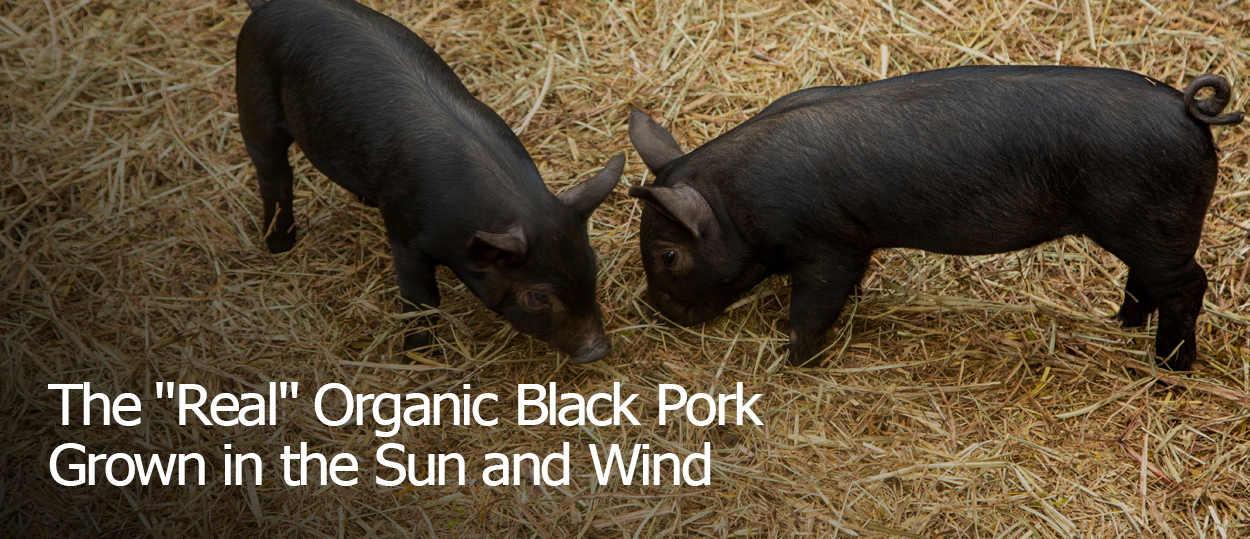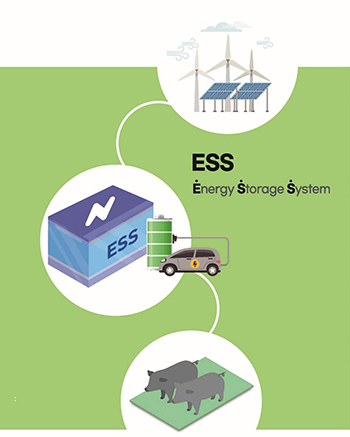Industry News
- Home
- Jeju Life
- Industry News


Jeju Island is planning to establish energy storage systems using batteries after using electric vehicles and use renewable energy for livestock industries.
The black pork produced on Jeju Island – the beloved pork of the Korean people – will become a "truly environmentally friendly" black pork grown with rich sunshine and wind. While the island has been implementing the “Carbon Free Island (CFI 2030)” policy since 10 years ago, it decided to use renewable energy produced with impeccable sunshine and fresh wind in the cattle industry as well. Thus, the green technologies that do not harm the environment ranging from the entire process of growing pigs to the purification of their excretions, are becoming a part of daily life in Jeju Island.
The key point of the recent decision by the local government is the use of used batteries from electric vehicles commonly found on the island. Jeju Island generates about 20 percent of its energy from renewable energy production. It also has a good environment for the supply and use of renewable energy to the extent that one out of every 100 vehicles on the island runs on electricity. In addition, Jeju Island has introduced the Energy Storage System (ESS), which recycles used EV batteries and saves energy for later use.
The ESS has three key benefits: reducing electricity costs, creating new jobs, and reducing carbon emissions. Jeju Island first plans to pilot the ESS at three common livestock facilities: the Animal Manure Public Resource Center (APRC), the livestock market, and the Livestock Packing Center (LPC). The system will then be implemented throughout the primary industry. The local government has also set up a plan to make the livestock industry coexist with the region by reducing the production cost of farms and creating a low-carbon ecosystem in the industry.
These projects are expected to be further specified by the "Regionally Balanced New Deal" promoted by the Ministry of the Interior and Safety. Since last March, the ministry has supported excellent cases in 243 local governments where residents could have first-hand experience with the outcomes. Here, Jeju Island has proposed its project called “Clean Black Pork in Jeju Island is Grown with Green Wind," including details of establishing the ESS utilizing used batteries from EVs and supplying renewable energy to the livestock industry. As a result, the island has secured a governmental budget of 3 billion won in total.
Green life is no longer an option in this era. So the environmentally-conscious island of Jeju has taken an important step forward to make the livestock industry environmentally friendly.